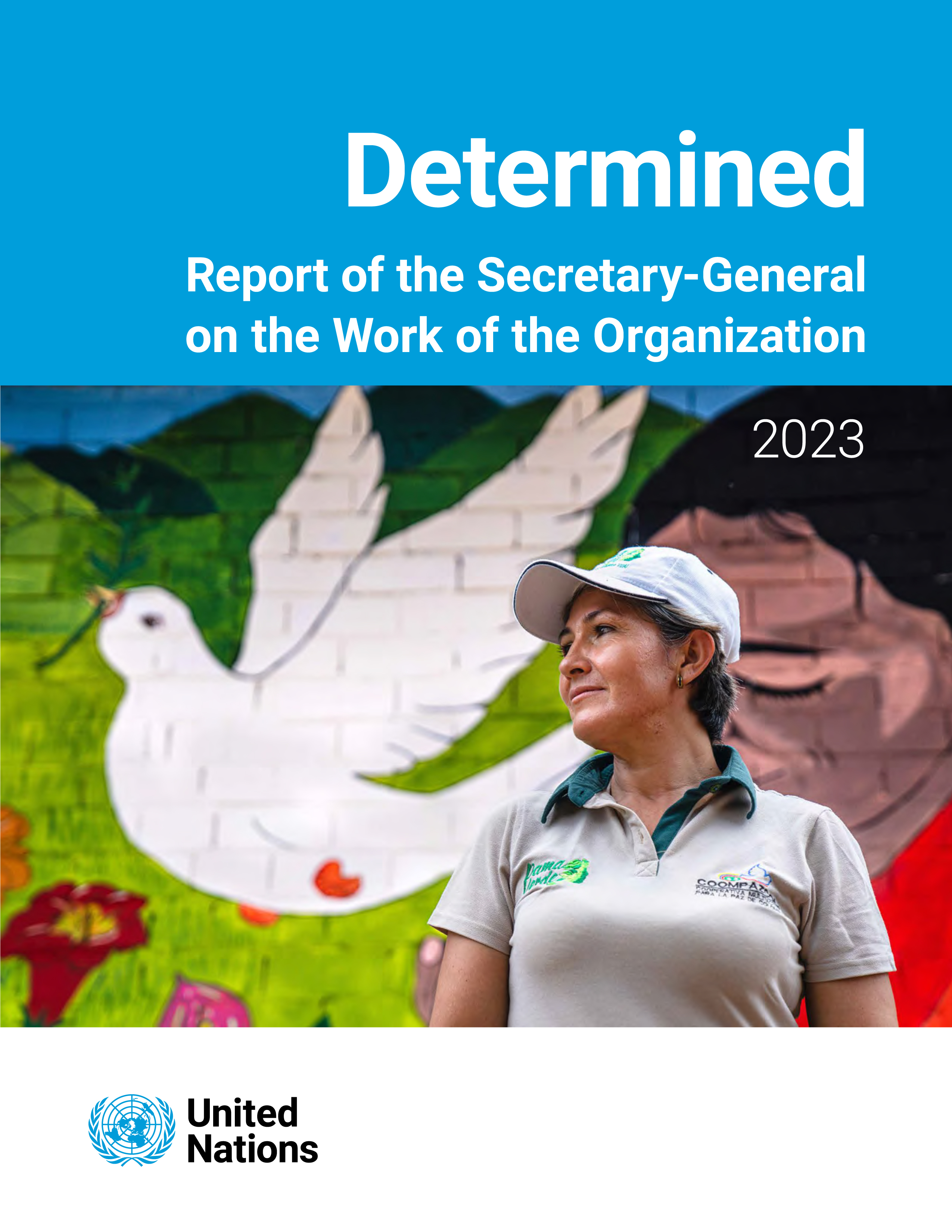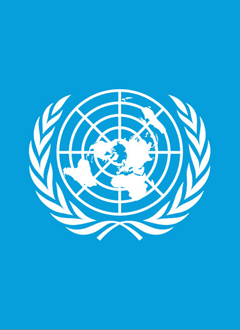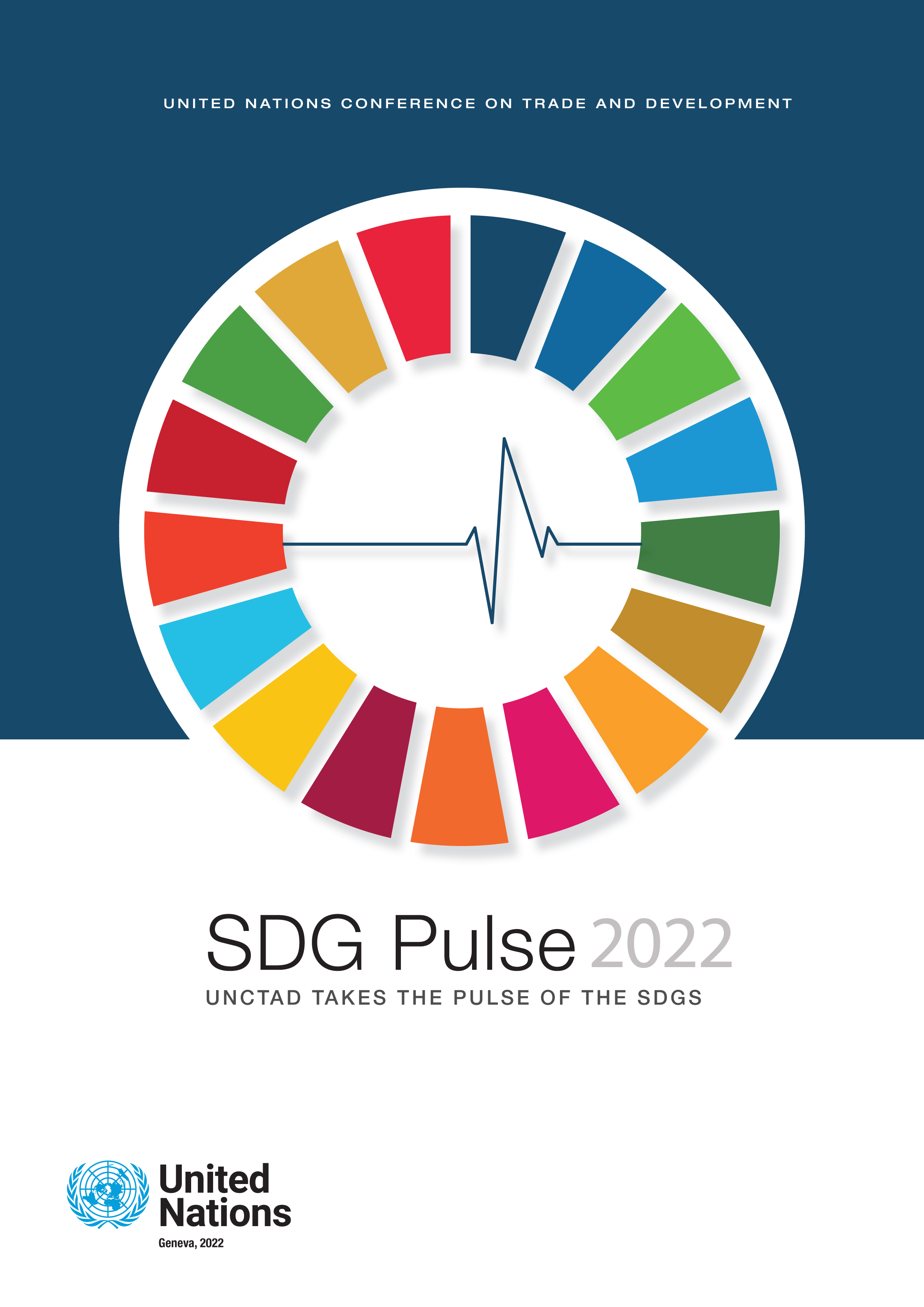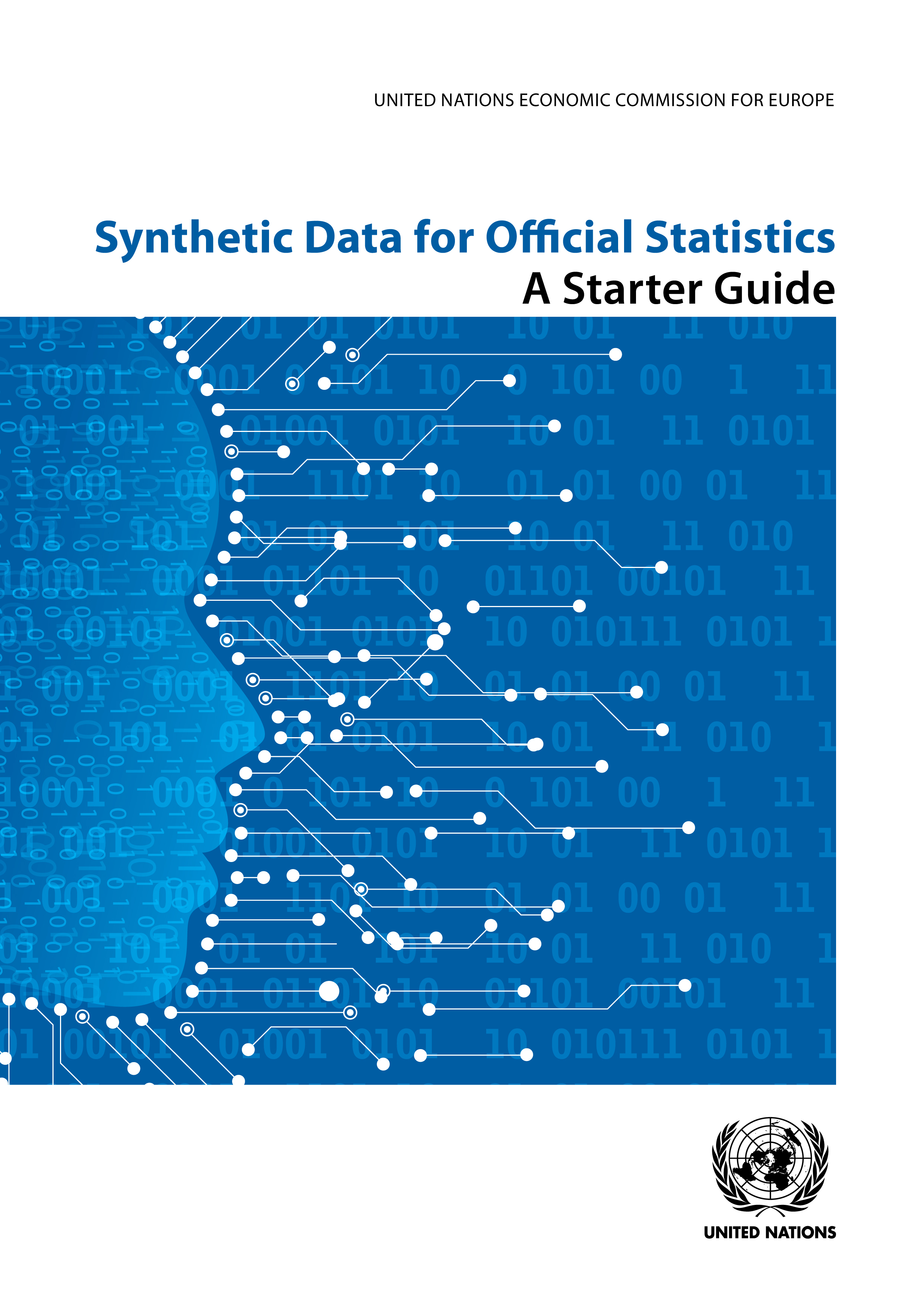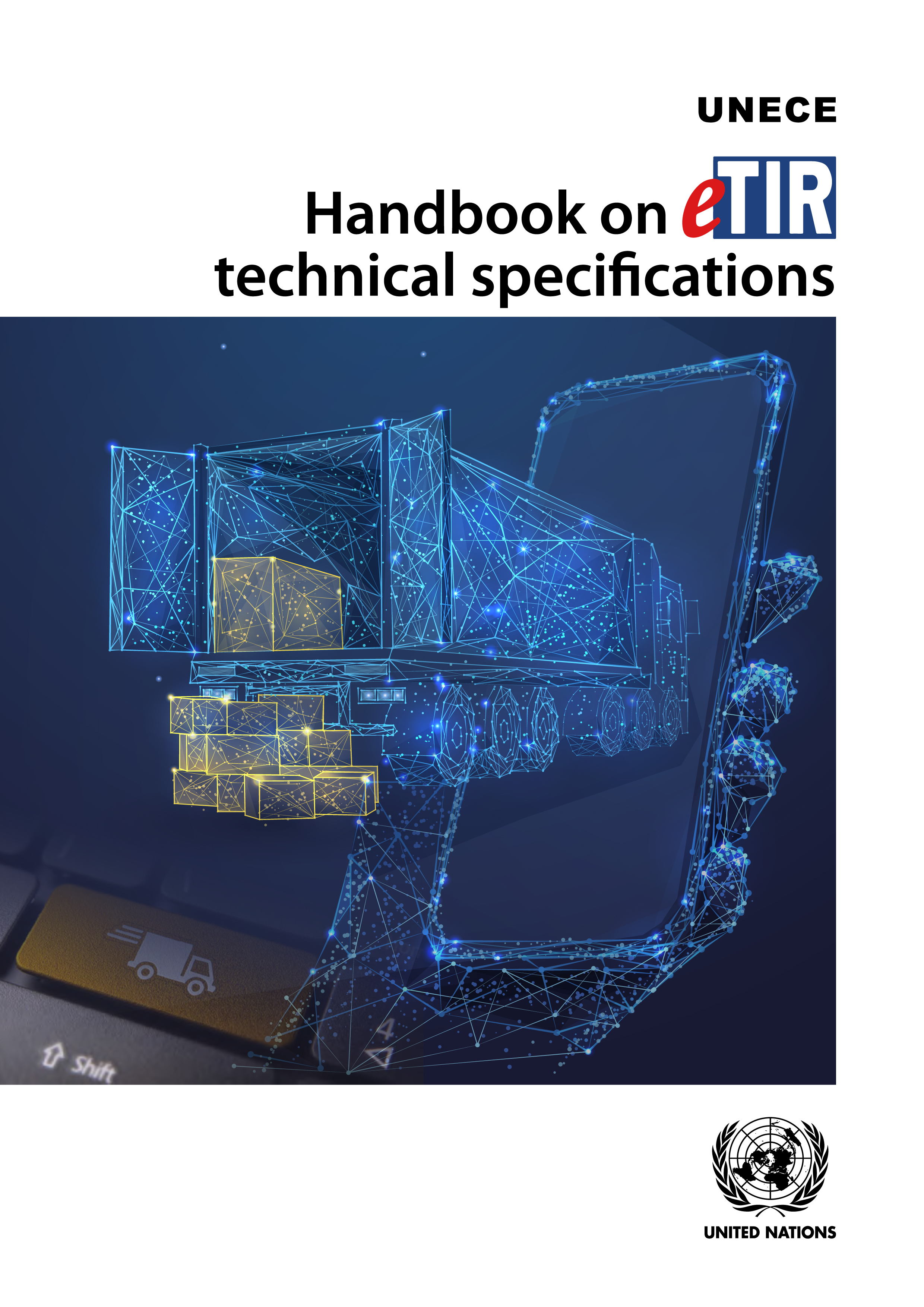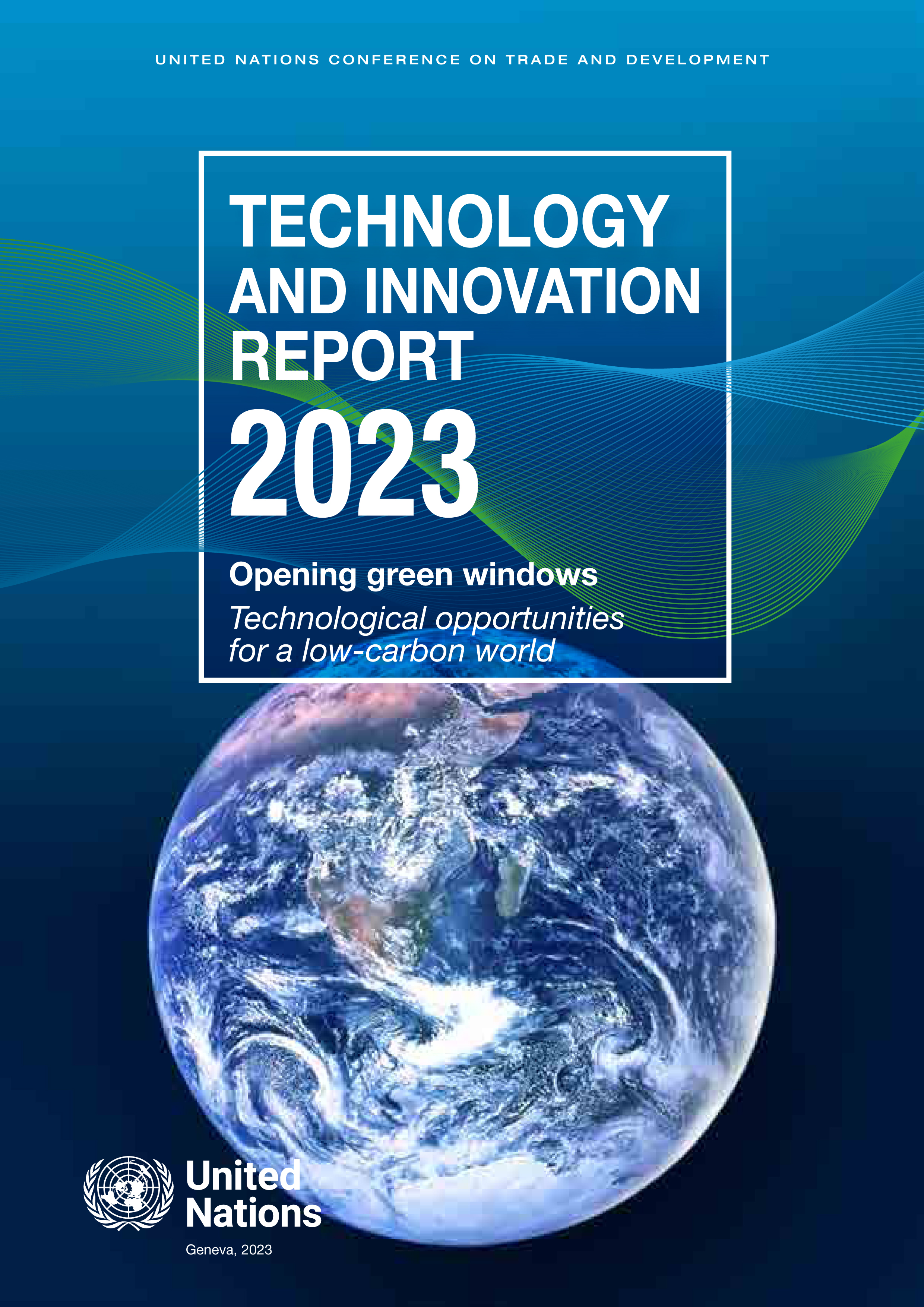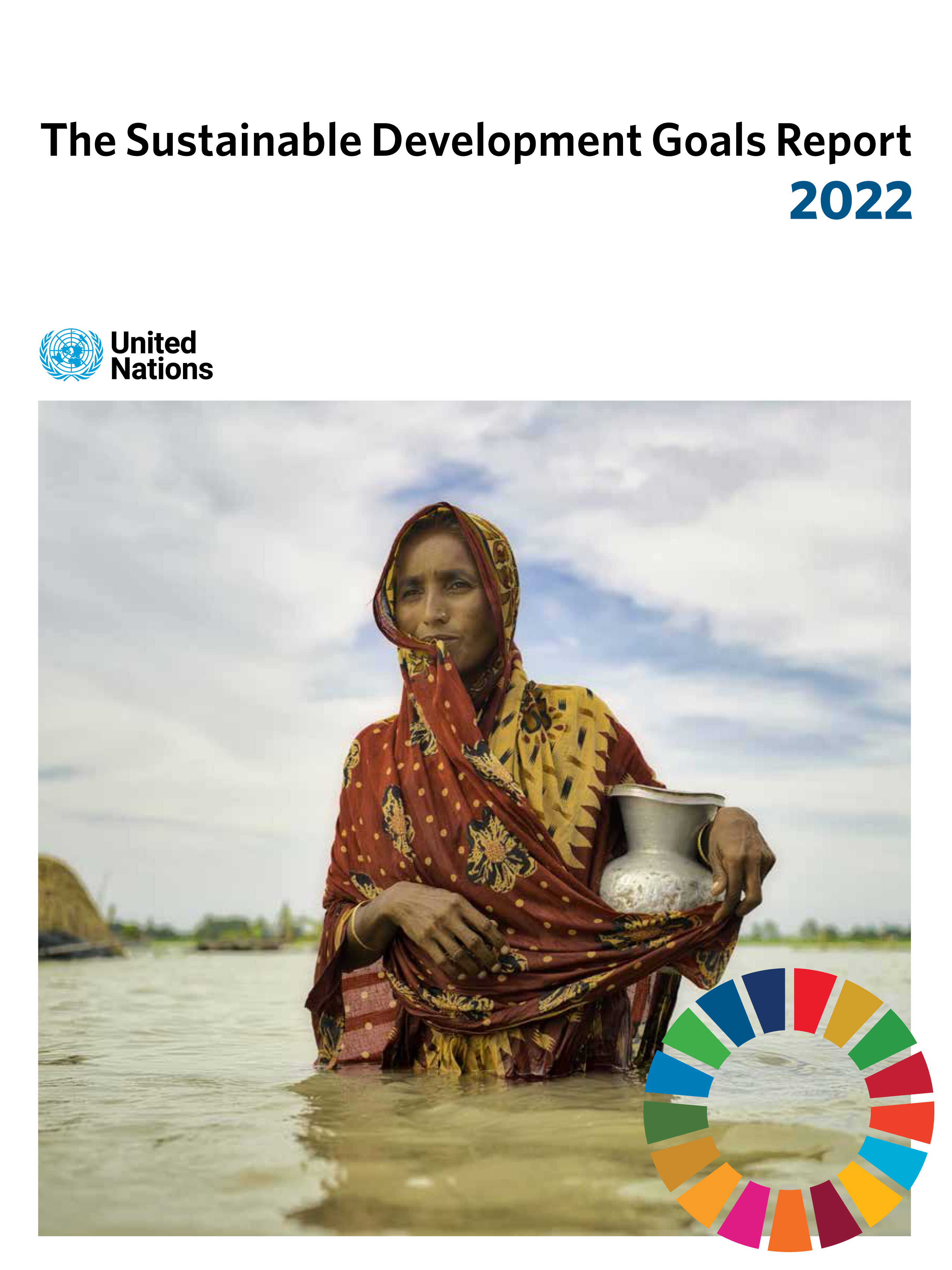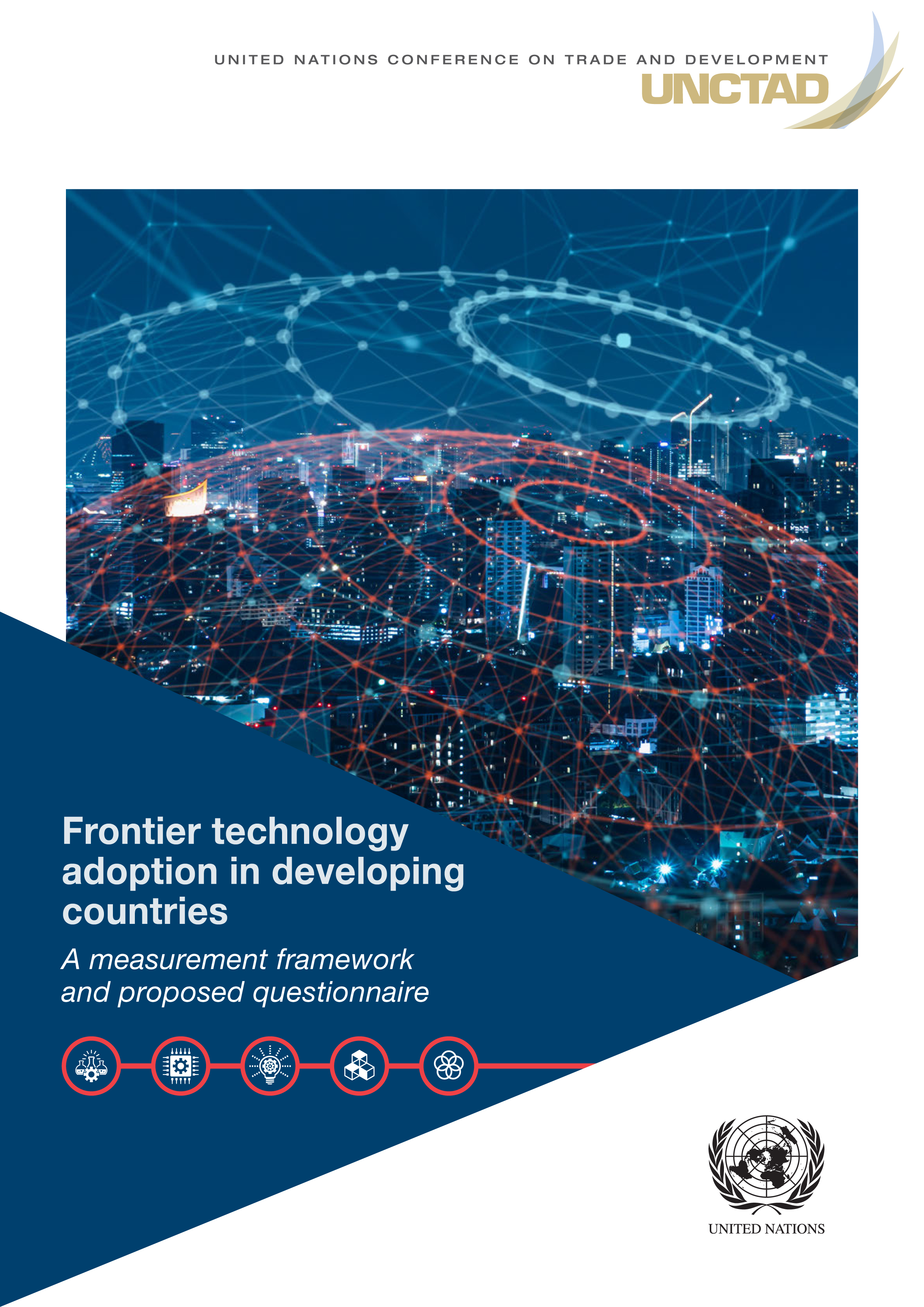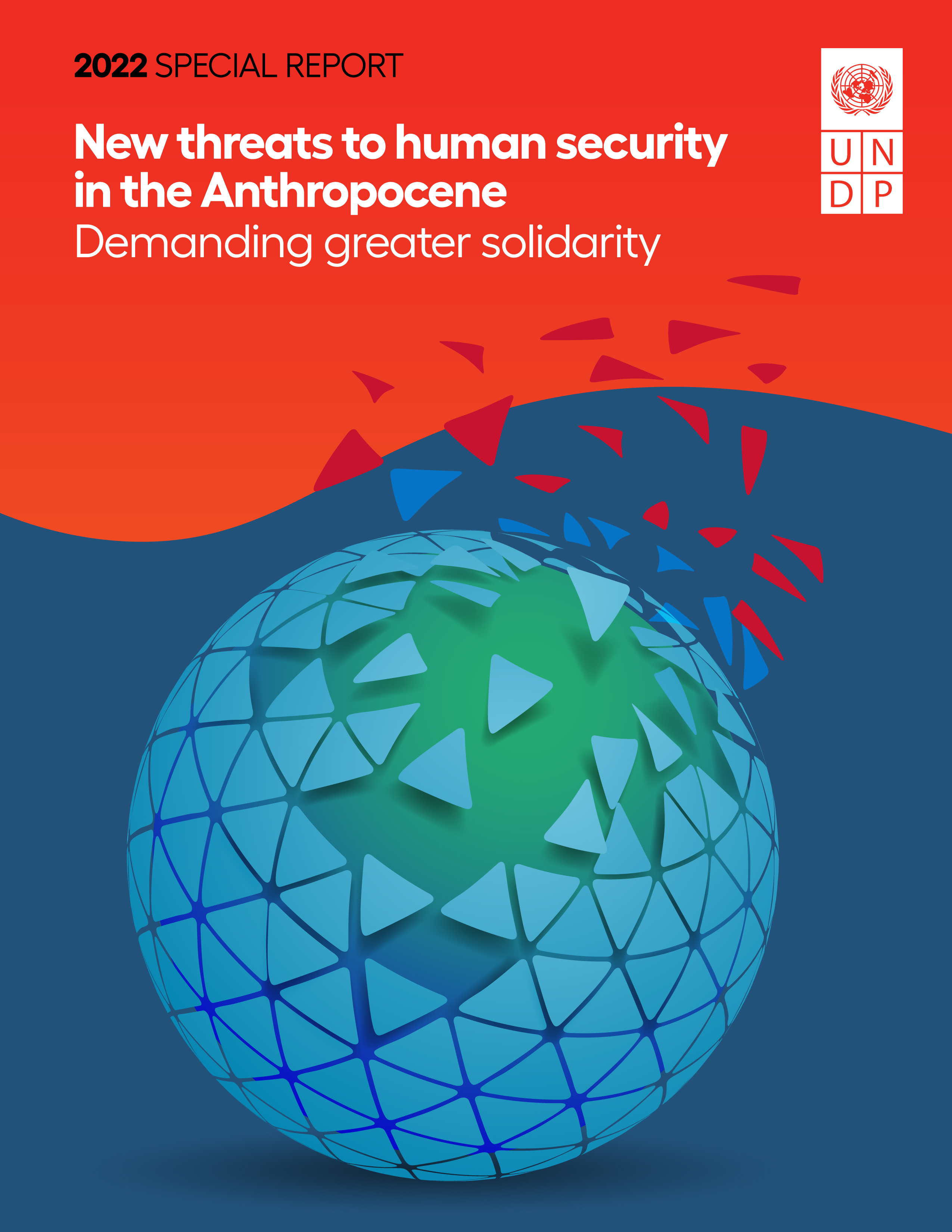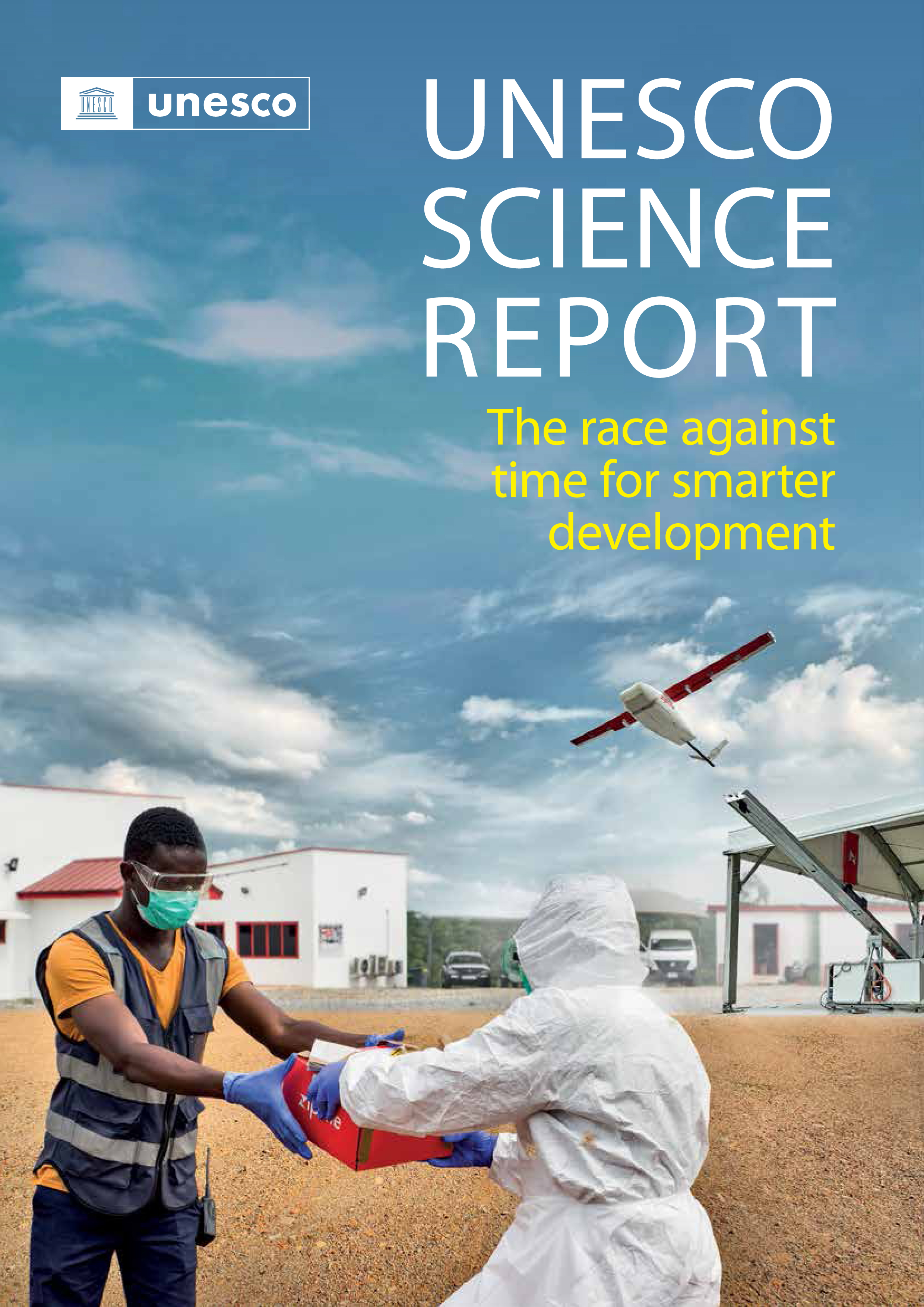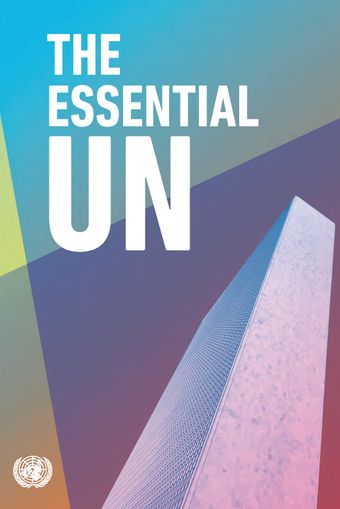- Home
- Collections
- YPP Information Systems and Technology
YPP Information Systems and Technology
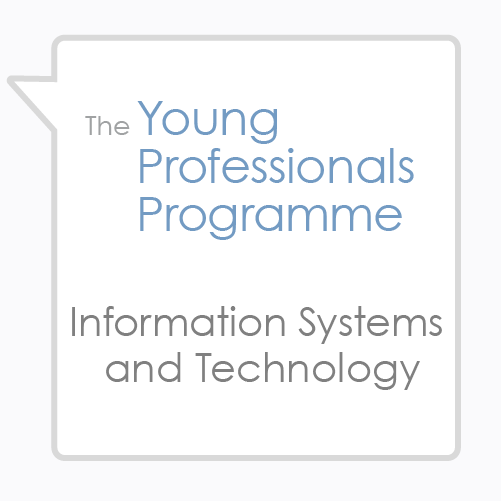
Collection Contents
-
-
Report of the Secretary-General on the Work of the Organization 2023
Determined
More LessAuthor: United NationsThe Report of the Secretary-General on the Work of the Organization (A/78/1) is issued in response to Article 98 of the UN Charter and highlights how the UN Secretariat translates resources into impact. The Report covers nine sections: (i) promotion of sustained economic growth and sustainable development; (ii) maintenance of international peace and security; (iii) development in Africa; (iv) promotion of human rights; (v) effective coordination of humanitarian assistance; (vi) promotion of justice and international law; (vii) disarmament; (viii) drug control, crime prevention and combating international terrorism; and (ix) effective functioning of the Organization. The e-book for this publication has been converted into an accessible format for the visually impaired and people with print reading disabilities. It is fully compatible with leading screen-reader technologies such as JAWS and NVDA.
-
-
-
Information Integrity on Digital Platforms
Our Common Agenda Policy Brief 8
More LessThe present policy brief is focused on how threats to information integrity are having an impact on progress on global, national and local issues. It outlines potential principles for a code of conduct that will help to guide Member States, the digital platforms and other stakeholders in their efforts to make the digital space more inclusive and safer for all, while vigorously defending the right to freedom of opinion and expression, and the right to access information. The Code of Conduct for Information Integrity on Digital Platforms is being developed in the context of preparations for the Summit of the Future. This is the eighth of the Summit of the Future Policy Briefs.
-
-
-
A Global Digital Compact — an Open, Free and Secure Digital Future for All
Our Common Agenda Policy Brief 5
More LessThe challenges that we face can be addressed only through stronger international cooperation. The Summit of the Future in 2024 is an opportunity to agree on multilateral solutions for a better tomorrow, strengthening global governance for both present and future generations. The present brief proposes the development of a Global Digital Compact that would set out principles, objectives and actions for advancing an open, free, secure and human-centred digital future, one that is anchored in universal human rights and that enables the attainment of the Sustainable Development Goals. It outlines areas in which the need for multi-stakeholder digital cooperation is urgent and sets out how a Global Digital Compact can help to realize the commitment in the declaration on the commemoration of the seventy-fifth anniversary of the United Nations to “shaping a shared vision on digital cooperation” by providing an inclusive global framework. Such a framework is essential for the multi-stakeholder action required to overcome digital, data and innovation divides and to achieve the governance required for a sustainable digital future. This is the fifth of the Summit of the Future Policy Briefs.
-
-
-
SDG Pulse 2022
UNCTAD Takes the Pulse of the SDGs
More LessSDG pulse provides quantitative assessments of progress with the 2030 Agenda through both a selection of official SDG indicators as well as complementary data and statistics. It also presents recent conceptual and methodological developments regarding SDG indicators of which UNCTAD is the custodian. It has become UNCTAD’s reference publication in mapping the organization’s work with the SDGs, not only from an analytical perspective but also in terms of technical cooperation and capacity development. This year’s edition particularly focuses on the “two-speed recovery” from the pandemic which manifests through trade, finance and investment, investigates the issue of inclusive growth with UNCTAD’s new composite indices and provides some prospects on economic and social repercussions of the war in Ukraine.
-
-
-
Synthetic Data for Official Statistics
A Starter Guide
More LessThis guide is for those working in NSOs who are involved in managing access to statistical data, and who wish to explore the possibility of using synthetic data as a possible method for users to access it. The guide highlights some recent successful applications of synthetic data by a number of different NSOs, and introduces some of the different approaches that can be taken to creating synthetic data, including recommendations on which approaches to use in different situations, as well as practical tips and resources for getting started for practitioners.
-
-
-
Handbook on eTIR Technical Specifications
More LessThe purpose of the eTIR technical specifications is to translate the eTIR functional specifications into technical requirements, architectures, guidelines, procedures and detailed descriptions of all messages exchanged between the eTIR international system and the eTIR stakeholders. This publication is relevant for all eTIR stakeholders (customs authorities, guarantee chains and holders) which need to interconnect their information systems with the eTIR international system. All aspects of these specifications must be considered as mandatory, unless specified otherwise. The scope of this publication is twofold: to define the technical aspects of the TIR international system and to define unambiguously how information is exchanged between the eTIR international system and the eTIR stakeholders.
-
-
-
Technology and Innovation Report 2023
Opening Green Windows: Technological Opportunities for a Low-carbon World
More LessWe live in a time of rapid technological change, at the height of the digital transformation and the early stages of the Industry 4.0 revolution. When guided by an inclusive and sustainable compass, these technological waves have great potential to increase prosperity and protect the planet, bringing about the vital transformations needed to achieve the SDGs and put the world on a sustainable path. They also offer a window of opportunity for developing countries to catch up technologically and narrow global divides. Critical areas for innovation in this new technological revolution are renewable energy technologies and frontier technologies for sustainable production and consumption. The Technology and Innovation Report examines the opportunities and challenges posed by green innovation on the ability of developing countries to catch up, reduce inequalities and contribute to tackling climate change. It argues that green policies are key to create the windows of opportunities. At the same time, firms and governments must be ready to respond and take advantage of these opportunities. This requires sector-specific strategies and the support of the international community to empower developing countries to develop, use, adopt and adapt green technologies for sustainable development.
-
-
-
The Sustainable Development Goals Report 2022
More LessThe Sustainable Development Goals Report 2022 presents how far we have come towards reaching the 17 Sustainable Development Goals (SDGs). This seventh edition of the annual report also looks at the trends since 2015 and impact of COVID-19 on the progress. It uses the latest available data and inputs from custodian agencies of the United Nations system other international agencies and is prepared by the Statistics Division of the Department of Economic and Social Affairs.
-
-
-
Frontier Technology Adoption in Developing Countries
A measurement Framework and Proposed Questionnaire
More LessThe report aims to present a measurement framework for collecting and interpreting information on the adoption of new and emerging technologies by business sector firms in developing countries. Such framework is needed due to the existing data limitations and lack of information on the patterns of adoption and use of frontier technologies in productive sectors in developed and developing countries, which may be very uneven and partial even in the most advanced countries. More information is needed in terms of what sectors are adopting frontier technologies, which parts of different value chains, and what kinds of firms are adopting them and how extensively they are diffused in the economy. Information is also need about the firms using frontier technologies in terms of such characteristics as their batch size and the standardization of their products. That information is critical to inform STI policies aiming to promote the use, adoption and adaptation of frontier technologies in developing countries.
-
-
-
2022 Special Report on Human Security
New Threats to Human Security in the Anthropocene: Demanding Greater Solidarity
More LessThe report finds a development conundrum. Despite people on average living longer, healthier, and wealthier lives, these advances have not succeeded in increasing people’s sense of security. This is true for countries right across the development spectrum, with perceptions of insecurity worsening most in several high-income countries, even before the Covid-19 pandemic. The report links new threats with the disconnect between people and planet in pursuit of development, arguing that they are deeply entwined with increasing planetary pressure.
-
-
-
Harnessing Blockchain for Sustainable Development
Prospects and Challenges
More LessIn an increasingly digitalized economy and society, the security and accountability of data transactions are critical elements for creating trust and enabling breakthrough innovations in the digital world. In this regard, blockchain technology could be a game-changer, with the potential to revolutionize processes from finance to pharmaceutical industries, from public services to humanitarian work and development aid. The blockchain serves as the base technology for cryptocurrency, enabling open (peer-to-peer), secure and fast transactions. It can be used in many applications that could contribute to sustainable development. This publication explores how blockchain is potentially a key technology in a new technological paradigm of increasing automation and integrating physical and virtual worlds. Similar moments in the past technological revolutions offered windows of opportunity for some developing countries to catch up and others to forge ahead. Therefore, governments of developing countries should seek to strengthen their innovation systems to strategically position themselves to benefit from this new wave of technological change.
-
-
-
UNESCO Science Report 2021
The Race Against Time for Smarter Development
More LessIt is striking how development priorities have aligned over the past five years. Countries of all income levels are prioritizing their transition to digital and ‘green’ economies, in parallel. This dual transition reflects a double imperative. On the one hand, the clock is ticking for countries to reach their Sustainable Development Goals by 2030. On the other, countries are convinced that their future economic competitiveness will depend upon how quickly they transition to digital societies. This seventh edition of the report monitors the development path that countries have been following over the past five years from the perspective of science governance. It documents the rapid societal transformation under way, which offers new opportunities for social and economic experimentation but also risks exacerbating social inequalities, unless safeguards are put in place.
-
-
-
The Essential UN
More LessAuthor: United NationsAs the world’s only truly universal global organization, the United Nations has become the foremost forum to address issues that transcend national boundaries and cannot be resolved by any one country acting alone. This authoritative reference provides a comprehensive introduction and overview of the work of the UN in key areas of international peace and security, economic and social development, human rights, and humanitarian action.
-

